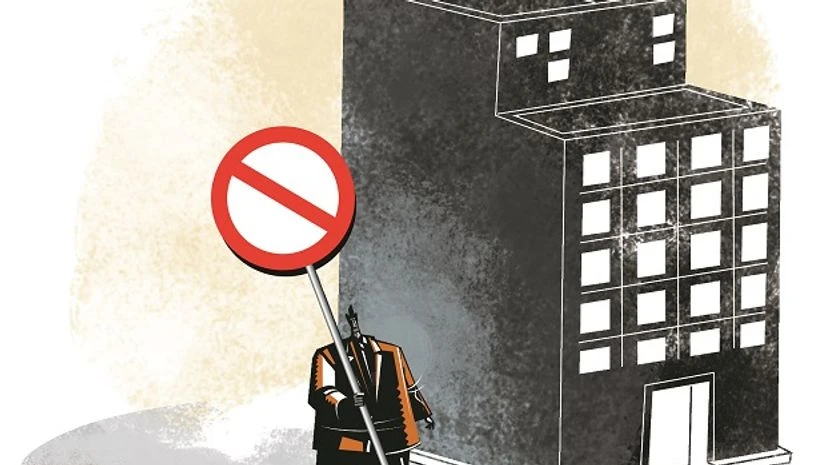The government will "very soon" come out with a definition for shell companies, Union Minister P P Chaudhary said on Sunday amid the crackdown on entities indulging in financial irregularities.
Obscure ownership, excessive leveraging and disproportionate investment in shares of other companies are among the possible criteria being looked at for defining shell entities.
While a multi-pronged action plan is being implemented in the fight against the black money menace, absence of a proper and uniform definition for shell companies under the legal framework is hampering investigations.
Generally, shell companies exist only on paper and are often used by fraudsters for carrying out their illegal activities.
Against this backdrop, the government is working on putting in place a proper definition for shell companies.
Also Read
"We are working on it. Very soon, we will come out with it (definition of shell companies)," Chaudhary told PTI.
He is the Minister of State for Corporate Affairs as well as Law and Justice. The Corporate Affairs Ministry is implementing the Companies Act.
The ministry has already received preliminary suggestions from a task force having representatives from the Enforcement Directorate (ED), Financial Intelligence Unit (FIU), Directorate of Revenue Intelligence (DRI), Securities and Exchange Board of India (Sebi) and the Income Tax Department, among others.
In the ministry's monthly newsletter, Corporate Affairs Secretary Injeti Srinivas said one of the key issue hampering the investigations and prosecutions against entities involved in financial irregularities has been lack of a proper and uniform definition for 'shell companies'.
The task force on shell companies was set up by the government in 2017.
According to Srinivas, the task force has arrived at a criteria to define shell companies.
"The task force has suggested some possible parameters to define if a company has been set up to launder money or exploit regulatory arbitrage," he said in the newsletter for the month of May.
Obscuring ownership, excessive leveraging, rotation in transactions with no apparent business purpose, majority of shares held by other companies and disproportionate investment in shares of other companies are among the criteria, he said in the newsletter.
After striking off around 226,000 companies for not carrying out business activities for long, another set of about 225,000 firms have come under the scanner of the Corporate Affairs Ministry, with the minister saying that action would be taken after analysing their details.
Out of the 226,000 companies that were deregistered, cash was deposited in the bank accounts of 168,000 firms post demonetisation, according to data available with the ministry.
In November 2016, the government had cancelled old Rs 500 and Rs 1,000 as legal tenders in November 2016 as part of efforts to curb illicit fund flows.

)
